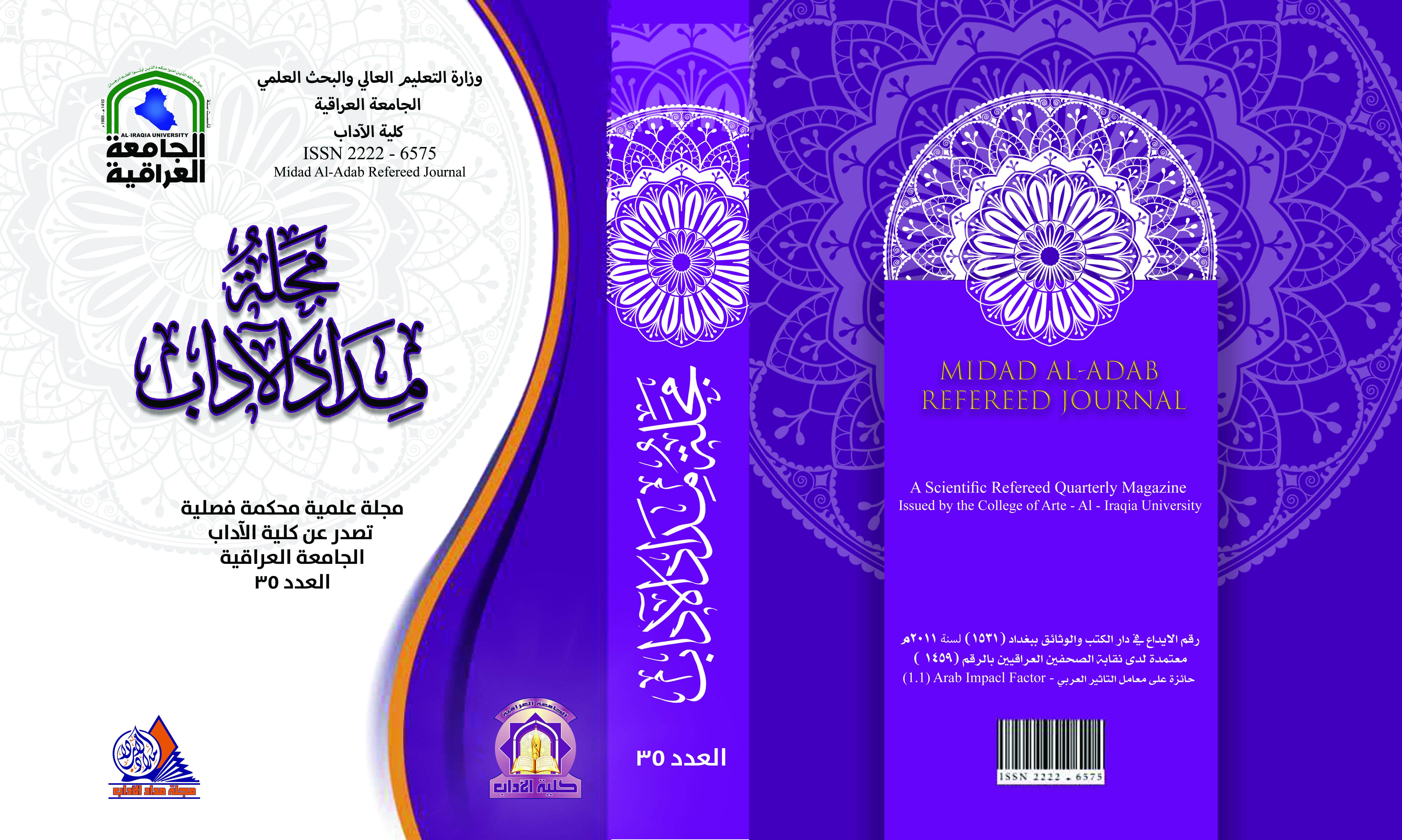Lord Maugham Commission 1939 AD
Lord Maugham Commission 1939 AD
DOI:
https://doi.org/10.58564/ma.v14i35.1368Keywords:
Keywords: Lord Maugham, Hussein-McMahon Correspondence, Arab-British CommitteeAbstract
The research deals with a study of the contemporary history of Palestine, and sheds light on Lord Maugham’s commission, which resulted in the formation of a joint (Arab-British) committee. Members of the Arab delegation attempted to discuss the English text version of McMahon’s correspondence, which is considered one of the most famous correspondences in modern Arab history. According to this correspondence, Britain gave The promise to Sharif Hussein to include Palestine within the region of Arab independence, on the one hand, and on the other hand, successive governments from 1920 AD until the present day have claimed that Palestine is excluded from the region promised to Sharif Hussein, despite the publication of the correspondence that was exchanged between Sharif Hussein and the British delegate, Henry McMahon, in ( 1915-1916 AD) After the end of World War I, it was published in British, French and Arab newspapers. King Hussein, before his death in 1931 AD, allowed George Antonius to copy it and publish it in his book The Arab Awakening, but the British government did not officially publish it until the month of March 1939 AD as a result of the Palestinian revolution and the gathering clouds of the world war. The second was the British need to secure roads to the Levant. Britain agreed to publish the correspondence after the insistence of members of the Arab delegations participating in the Palestine Conference in London in 1939. The committee shed light on the circumstances that surrounded it, and on the important point of how British officials understood the content of these letters at that time. The committee ended up holding four lengthy meetings in a joint report. Both parties adhered to the arguments and their original positions. The members of the Arab delegation claimed that Palestine was one of the Arab countries whose independence was promised in these correspondences. As for the British delegation, it was unable to accept the Arab point of view despite its acknowledgment that the Arabs’ opinion regarding the interpretation of the correspondences It seems stronger than it was at the time, and Lord Maugham (Chief Justice) confirmed, after relying on the arguments of the British delegation, that Palestine was excluded from the zone of Arab independence.
Downloads
Published
Issue
Section
License

This work is licensed under a Creative Commons Attribution-NonCommercial-NoDerivatives 4.0 International License.








